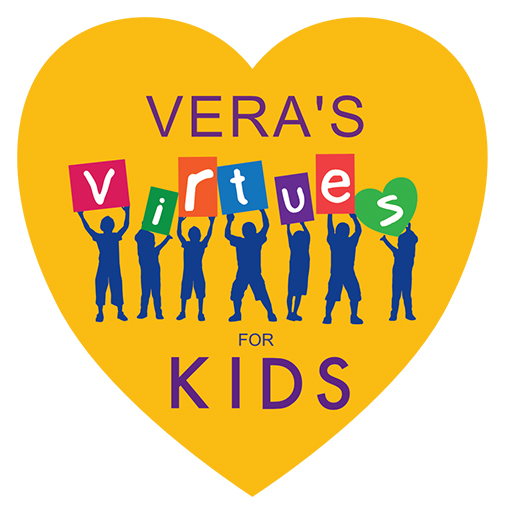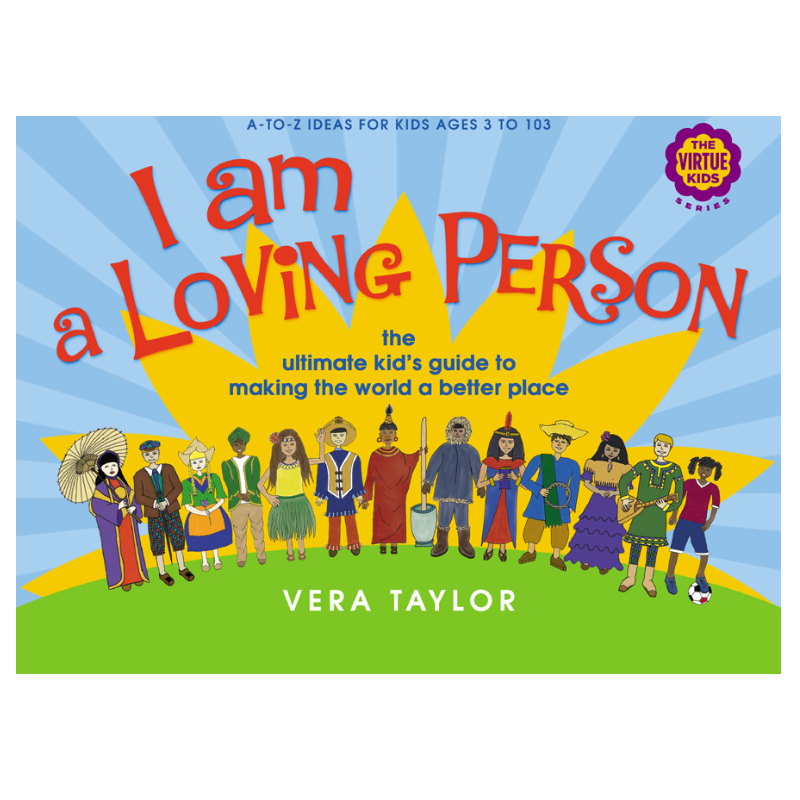-`Abdu’l-Bahá
There are a few reasons why it can be hard for kids to be truthful. One reason is that they may not fully understand the concept of truthfulness. They may not realize that lying is wrong, or they may not understand the consequences of lying. Another reason is that kids may be afraid of getting in trouble. They may think that if they tell the truth, they will be punished. Finally, kids may lie to get attention or to avoid getting in trouble.
There are a few things that parents can do to help their kids develop the virtue of truthfulness. One thing is to talk to them about the importance of truthfulness. Explain to them that it is important to be honest, even when it is difficult. Another thing is to set a good example. If you want your kids to be truthful, you need to be truthful yourself. Finally, be patient. It takes time for kids to learn to be truthful. Don’t get discouraged if they make mistakes. Just keep talking to them and setting a good example.
Here are some tips for parents on how to teach their children to be truthful:
- Start by talking to your child about the importance of truthfulness. Explain that it’s important to be honest, even when it’s difficult. Use age-appropriate language and examples.
- Set a good example. Children learn by watching the adults in their lives. So, it’s important to model truthfulness yourself. For example, if you want your child to tell the truth, make sure you’re telling the truth too.
- Be patient. It takes time for children to learn to be truthful. So, be patient and don’t get discouraged if they don’t get it right away.
- Praise your child when they tell the truth. When your child tells the truth, be sure to praise them. This will help them to understand that telling the truth is a good thing.
- Don’t punish your child when they lie. Punishing your child for lying may make them afraid to tell the truth in the future. Instead, try to talk to them about why lying is wrong and help them to understand the consequences of lying.
By following these tips, you can help your child to develop the virtue of truthfulness.
People lie for a variety of reasons. Some of the most common motivations for lying include:
- To avoid punishment. This is the most frequently mentioned motivation for telling lies. People may lie to avoid getting in trouble for something they have done wrong, or to avoid being punished for something they believe they will be punished for, even if they did not do anything wrong.
- To obtain a reward. People may lie to get something they want, such as a job, a promotion, or money. They may also lie to avoid losing something they have, such as a relationship, a job, or money.
- To protect themselves or others. People may lie to protect themselves or someone they care about from harm. For example, a child may lie to protect their parents from getting in trouble, or a person may lie to protect their friend from being hurt.
- To gain power or control. People may lie to gain power or control over others. For example, a politician may lie to gain votes, or a businessperson may lie to get ahead in their career.
- To impress others. People may lie to impress others or to make themselves look good. For example, a person may lie about their accomplishments, their possessions, or their relationships.
- To avoid conflict. People may lie to avoid conflict or to keep the peace. For example, a person may lie to avoid hurting someone’s feelings, or to avoid a difficult conversation.
- To escape boredom. People may lie for the thrill of it, or to make life more interesting. For example, a person may lie about their experiences, their travels, or their relationships.
- To feel better about themselves. People may lie to feel better about themselves, or to make themselves feel more important. For example, a person may lie about their accomplishments, their possessions, or their relationships.
It is important to note that these are just some of the most common motivations for lying. There are many other reasons why people may lie, and each person’s motivations are unique.










